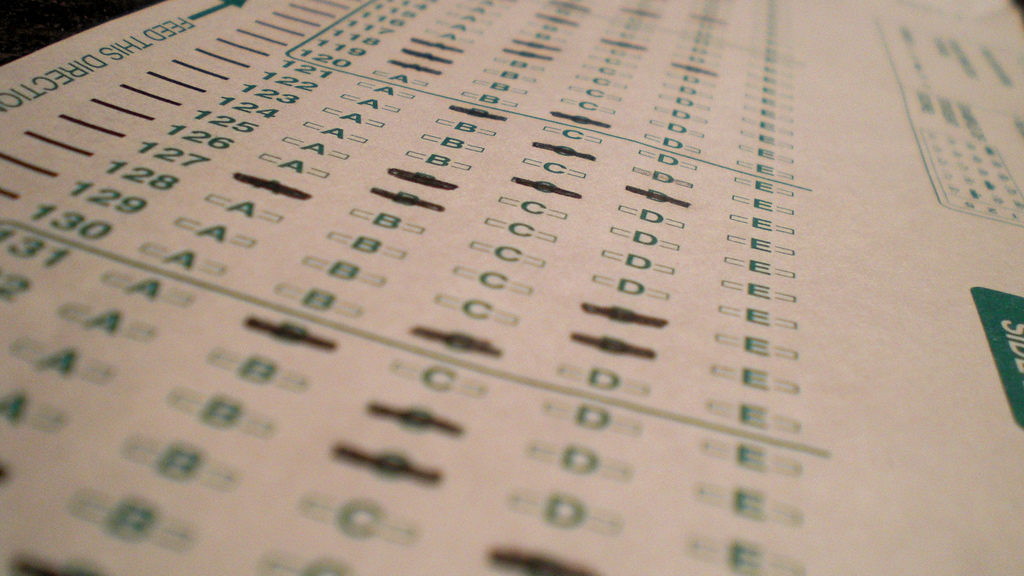
Tennessee lawmakers are investigating whether school districts are cutting corners to get high school students their diplomas.
But school officials say all they’re doing is keeping kids on track to graduation.
Members of the state House of Representatives held a hearing Thursday to investigate claims that Metro Nashville Public Schools is using its “credit recovery” program to hide failing students, boost test scores and inflate the system’s graduation rate.
School officials denied those allegations, and an investigator from the state comptroller’s office told legislators his team hadn’t found any evidence of fraud statewide. But lawmakers were also told school districts have been given little guidance on how to setup credit recovery programs, and most seem to be figuring it out on the fly.
“Wow, when we call up the Department of Education and they don’t have a clue and the school board doesn’t have a clue about what credit recovery is and what’s required,” said state Rep. Rick Womick, R-Rockvale, “no wonder our public school systems don’t know.”
The idea behind credit recovery is not new. Its goal is to help struggling students catch up rather than forcing them to retake classes when they fail.
But instead of sending them to summer school or remedial classes, districts often assign them to do makeup work on computers.
Some Nashville educators say credit recovery is being used improperly because it’s perceived to be easier than traditional classrooms. A few have said
in interviews with WTVF-TV that administrators intentionally shifted students with the aim of keeping end-of-course scores high.
Lawmakers heard from some of those teachers and asked Metro officials about the allegations. Administrators said they were limited in what they could say because of pending litigation.
Several said the problem seems to begin with a lack of defined rules. They also faulted the education system for not producing district-by-district reports that would answer questions like how many students are in credit recovery and at what points they’re being redirected to the classes.
But some legislators cautioned against imposing restrictions on credit recovery programs. State Rep. David Byrd, a retired principal and coach from Waynesboro, said the programs need to be flexible or failing students won’t be able to get the individualized attention they need.
“There’s so many different variables,” he said. “They don’t need anything else to try to keep up with instead of doing their jobs.”


